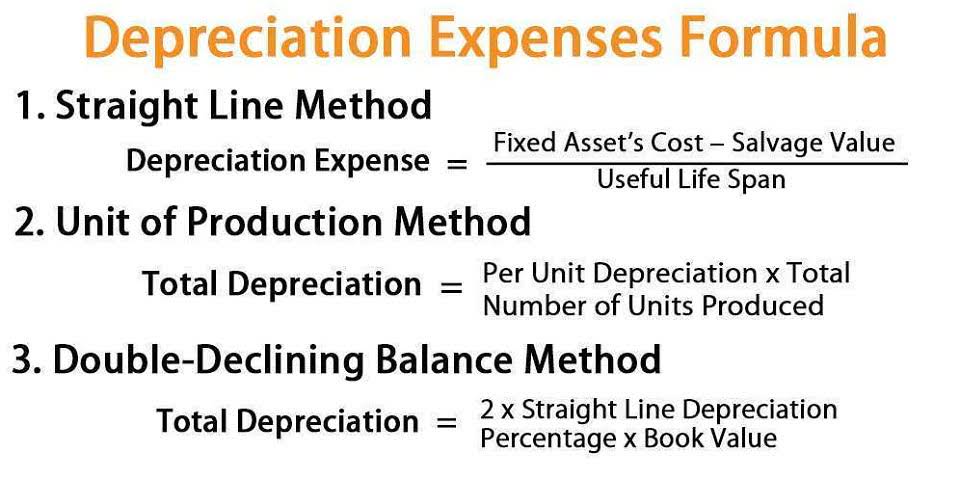
Outsourcing provides the flexibility to scale services up or down as needed. Platforms like Google, Yelp, and industry-specific forums can offer a wealth of information about potential bookkeepers. Look for consistent feedback regarding their responsiveness, attention to detail, and ability to communicate unearned revenue complex financial matters in an understandable way. When vetting potential bookkeepers, scrutinize their qualifications and credentials to ensure you’re enlisting top-tier expertise.
Bookkeeper vs accountant: what’s better for your business

When we think about managing our finances, one of the biggest choices we face is whether to keep bookkeeping in-house or to outsource it. Both options have their ups and downs, and understanding these can help us make the best decision for our business. We’ll help you explore how our services can free up your time and keep your finances on track. For more complex tasks or situations requiring in-depth analysis, our network includes Certified Public Accountants (CPAs) and Bookkeeping for Any Business Industry experienced bookkeepers who can provide your specialized assistance. By taking these steps, you’ll be well on your way to finding a reliable bookkeeping service.

Key differences: Bookkeeper vs accountant
- Positive recommendations from people you know can be a great starting point.
- This habit improves communication, boosts transparency with your bookkeeping team, and promotes longevity and compliance.
- When manually doing the bookkeeping, debits are found on the left side of the ledger, and credits are found on the right side.
- As a small-business owner, solid bookkeeping is the best way to ensure that you get the most out of your return.
- On the other hand, a good bookkeeper ensures that your financial records are accurate and up-to-date, providing a strong foundation for strategic decision-making and growth.
As a small-business owner, solid bookkeeping is the best way to ensure that you get the most out of your return. One of the key advantages is the expertise that a professional bookkeeper brings to the table. Their in-depth knowledge of financial regulations, tax codes, and industry-specific nuances ensures accurate and compliant record-keeping. Moreover, a professional provides that indispensable human touch that software inherently lacks. They can interpret financial data, identify trends, and offer strategic insights contributing to informed decision-making. Generating financial reports is where a bookkeeper transforms data into meaningful insights.
Shopify Accounting: The Ultimate Guide to Mastering Your E-commerce Finances
- Relies on choosing a bookkeeper with the expertise necessary to guide you along the way.
- Look for someone with the right experience and qualifications, but also someone who communicates well and fits with your company culture.
- We handle all aspects of payroll management, including calculating wages, handling tax withholdings, and ensuring compliance with payroll regulations.
- You can’t tell from a CV if a bookkeeper prioritizes an ethical approach to work, for example.
- Both the single-entry and double-entry methods can work in tandem with cash or accrual bookkeeping.
Maintaining accurate records not only provides you with a clear picture of your business’s financial health but also helps you make more informed decisions. Outsourcing bookkeeping can be more cost-effective than hiring an in-house bookkeeper or accounting team. You save on salaries, benefits, training, and overhead costs such as office space and equipment. Additionally, outsourcing allows you to pay only for the services you need, rather than maintaining a full-time employee.

When hiring external team members, keep https://www.bookstime.com/articles/certified-bookkeeper in mind that some of the responsibility still falls to you as the proprietor. Bookkeeping is different from accounting in that it is the critical first step in tracking all business activities. While bookkeeping provides oversight into each individual transaction (in order to catch discrepancies and correct mistakes), accounting provides a thorough analysis of these numbers.






